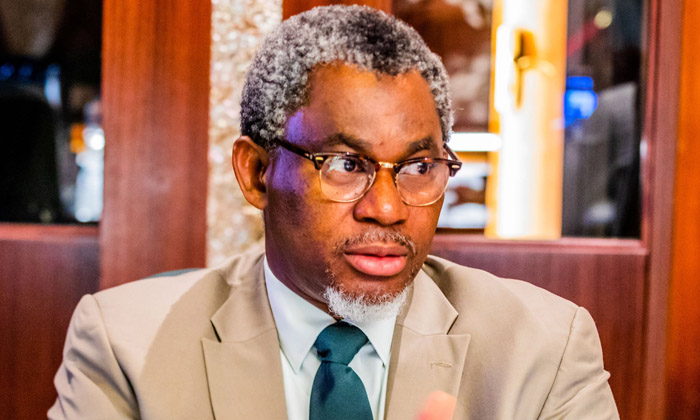The total number of mineral titles issued to mining companies has dropped by 36.63 per cent within a period of five years, according to findings.
A latest document shows that while 2815 mineral titles were issued in 2016, 1438 were issued in 2021.
This was contained in a presentation document by the Minister of Mines and Steel Development, Olamilekan Adegbite, at the ninth edition of the President Muhammadu Buhari’s regime Scorecard 2015 to 2023 series organised by the Ministry of Information and Culture.
The document also revealed that 2,258 mineral titles were issued in 2016, 2429 in 2017, 2124 in 2018, and 1,620 in 2019.
It was also noted that 1,438 mineral titles were issued between January and October 2022, which is a 48.92 drop per cent from what was issued in 2016.
The mineral titles included mining, exploration, quarry, and small-scale mining licences.
The Director-General of Nigeria Mining Cadastre Office, Mr Obadiah Nkom, during a State House briefing organised by the Presidential Communications Team, recently said that 3,402 titles were revoked for defaulting on the terms of their licences.
Nkom said NMCO revoked the mining rights of companies that were not using their licences.
He also disclosed that the NMCO generated over N3.7bn in 2022.
However, the mining sector has also been plagued by insecurity, which led to a ban on mining activities in Zamfara State.
In March 2021, Buhari approved the recommendation that mining activities in Zamafara State should stop while declaring a no-fly zone on the state.

Last year, it was reported that the Federal Government was considering a ban on the use of motorcycles and mining activities sequel to the terrorist attacks on the Kuje Correctional facility on July 5 as well as others recorded nationwide.
Industry players under the auspices of the Miners Association of Nigeria, during a recent press briefing in Abuja, stressed the need for the government to address the issue of rising insecurity rather than banning mining activities.
Reports indicate last year that mining communities suffered at least 363 casualties during different attacks and clashes between 2016 and 2022.
The casualties included those killed, kidnapped, or injured during attacks and clashes on mining sites, communities, and miners across the country.
The figures were obtained from the daily incidents recorded by the Nigeria Security Tracker, a project of the Council on Foreign Relations, an American think-tank, during the period under review.
The data available on the tracker covers from November 2016 to June 2022.

